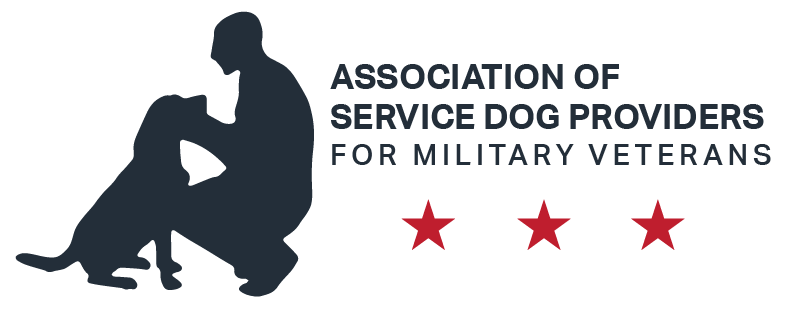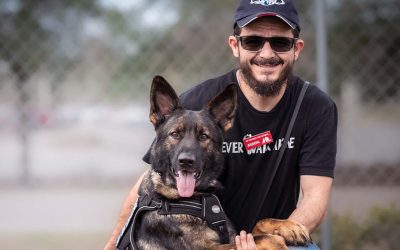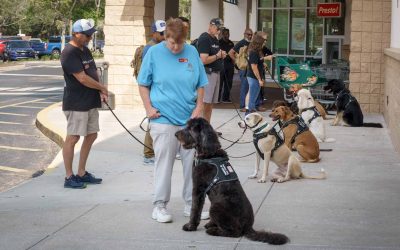Misrepresentation of Service Dogs harms the disabled, confuses the public, and affects the reputation of legitimate service dog users. Fake service animals pose a danger to the public and genuine service dogs.
Service Dogs perform meaningful work that enhances independence for adults and children with physical, cognitive, and developmental disabilities.
Federal laws provide special accommodations to the disabled utilizing service dogs and limit the questions that businesses may ask about their disabilities. Unfortunately, people who fraudulently misrepresent their dogs as service animals are abusing these laws. Misrepresentation harms the disabled, confuses the public, and affects the reputation of legitimate service dog users. Fake service dogs pose a danger to the public and genuine service dogs.
Advocates Fighting The Service Dog Fraud Epidemic
In response to this ongoing problem, The American Kennel Club released a policy position statement on the Misuse of Service Dogs in 2015. In 2016, The Association of Service Dog Providers for Military Veterans created CGC Plus, a minimum standard of training and behavior for the service dogs their members provide to veterans. The CGC Plus requires service dogs to pass the AKC Canine Good Citizen, Community Canine, and Urban CGC tests and demonstrate proficiency in performing three randomly selected services for a disabled person. The 2016 federal PAWS bill incorporated the AKC CGC into service dog requirements for Veterans’ Administration-funded dogs.
States Respond by Passing Stricter Laws
The Americans with Disabilities Act makes it a federal crime to pass your pet off as a service animal. Unfortunately, it’s rarely enforced.
State and local governments continue to introduce and pass laws that make it an offense to misrepresent a service animal. Misrepresenting a dog as a service animal in Florida is punishable by a $500 fine and up to 60 days in jail.
Currently, 31 states ban the fraudulent representation of a pet as a service animal. Five additional states have laws that criminalize some aspect of service animal fraud. And still, the problem of fake service dogs remains.
“Legitimate” Service Dog Credentialing System
Fraudulent and poorly trained service dogs are inundating airlines, restaurants, hotels, and other access providers. Legitimate service dog teams are facing skepticism as well as hazards from fake and poorly trained “service dogs.”
The lack of unified behavioral standards for true service dogs as defined by federal law only perpetuates the confusion and issues surrounding service dog fraud.
The American Service Dog Access Coalition (ASDAC) is a 501(c)3 organization dedicated to reducing the burdens faced by disabled individuals when traveling with service dogs. They’re dedicated to improving access for legitimate service dog teams while incentivizing high-quality behavioral standards for all service dogs and educating the public about the crime of service dog fraud.
The American Service Dog Access Coalition is comprised of major service dog groups, service dog access providers, advocates for the disabled, service dog trainers, and policymakers.






